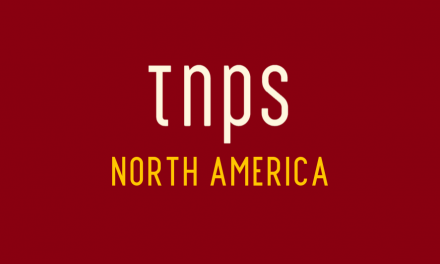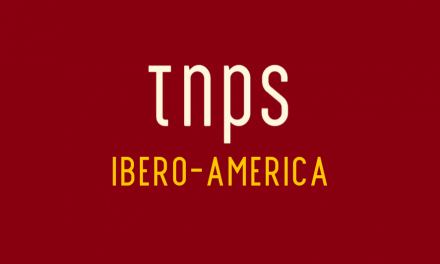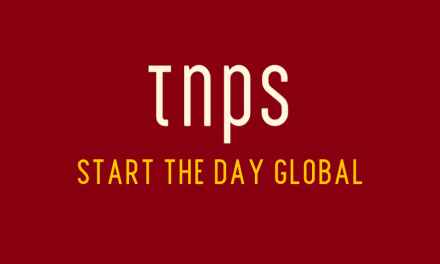While we all love what Amazon is doing with the Kindle stores and Audible, the sad reality is the Kindle store and Audible only cater to a fraction of the world’s readers and listeners, leaving the door wide open to other players.
As reported here at TNPS recently, Sweden’s Storytel has been quick to step into the gap Audible has left in the global audiobook market.
Sweden’s Storytel beats Amazon’s Audible to the India audiobook market
Storytel has just launched in India, is currently preparing for Italy, already has a presence in Denmark, Finland, Norway, Netherlands, Poland, Russia, Spain and of course Sweden, and may have the United Arab Emirates lined up next.
But as Storytel looks to the Arab markets it faces competition not from Audible (Amazon owns the Middle East e-commerce site Souq but as yet has shown no interest in the exciting Arabic book market) but from Dhad, a relatively recent audiobook start-up in Saudi Arabia.
Arab News reports that Manar Saud Al-Omayri started Dhad in 2014 as a business-to-business venture because e-commerce in Saudi Arabia was not then considered advanced enough to warrant a consumer-facing app – that only come in 2016.
But the real surprise here for many will be that Al-Omayri herself does not enjoy reading Arabic books.
I personally do not read in Arabic, and I felt that I needed to strengthen my Arabic as many of people in our generation who became more familiar with English than their mother language. But reading a printed book needs a certain environment ready for you in order to read, while audiobooks can be easily reachable and they are time investing because you can listen to them anywhere and at any time.
Reports Arab News,
Since Dhad was open to the public in 2016, it has achieved tremendous success. Some books were purchased more than 10,000 times, and that rarely happens for printed books. Free books exceeded more than 200,000 downloads.
While Dhad is focussed on Saudi Arabia customers it is finding interest from across MENA (Middle East North Africa), as one might expect. But Al-Omayri says Dhad is also finding customers far further afield wider – from the USA and Argentina in the west to Malaysia and Indonesia in the east, reflecting the potentially lucrative Arab diaspora market.
Dhad pricing reflects domestic market book-spending patterns, with average audiobook prices at around $8, aiming to be 10%-15% below the print price for the same title..
With no sign that Audible is thinking about the Arabic market its likely Storytel and Dhad will have the arena to themselves, but Storytel might have a challenge matching Dhad’s low prices, and Dhad has a comfortable head start, with some 200 titles under its belt, and new titles being rolled out each month.
Currently Amazon offers Audible in the US, Canada, Japan and Italy, and elsewhere with the same overlaps that the Kindle store has, so UK/Ireland, Australia/New Zealand, Germany/Austria/Switzerland and France/Belgium/Switzerland.






Thanks for the info, Mark.
Do you know if we can upload directly to either Storytel or Dahd?
Can indie USA authors have direct accounts with these guys?
For the first question, no to both. But I’m sure both would be interested to hear about any completed content appropriate to their market places.
For the second question, it shouldn’t be a problem as a consumer, but as an author, again they aren’t geared to an open-access model, but are likely to be open to further discussion.
Hi,
There’s also https://kitabsawti.com which I’m one of the founders of.
We are the largest Arabic audiobook publisher in the world with many more titles than Dhad. We have already launched (Storytel has not) and we had our consumer-facing app available before Dhad who did not launch in 2016, but in 2017 (and Android in September 2017 I might add).
Kitab Sawti is investing heavily in quality productions, in our service and in the Arabic culture and we are here to stay.
To answer the question, neither Storytel and Dhad do not have direct publishing methods.
Thanks, Anton. I’ll be in contact directly to follow up on this.
Here just to say this is precisely why we set up The New Publishing Standard, to try shed light on the global publishing industry that is largely invisible outside its own localities.
This is all the more so where non-Roman alphabet languages are used and so the very existence of Kitab Sawti had passed me by until now.
I’m very much looking forward to finding out more.